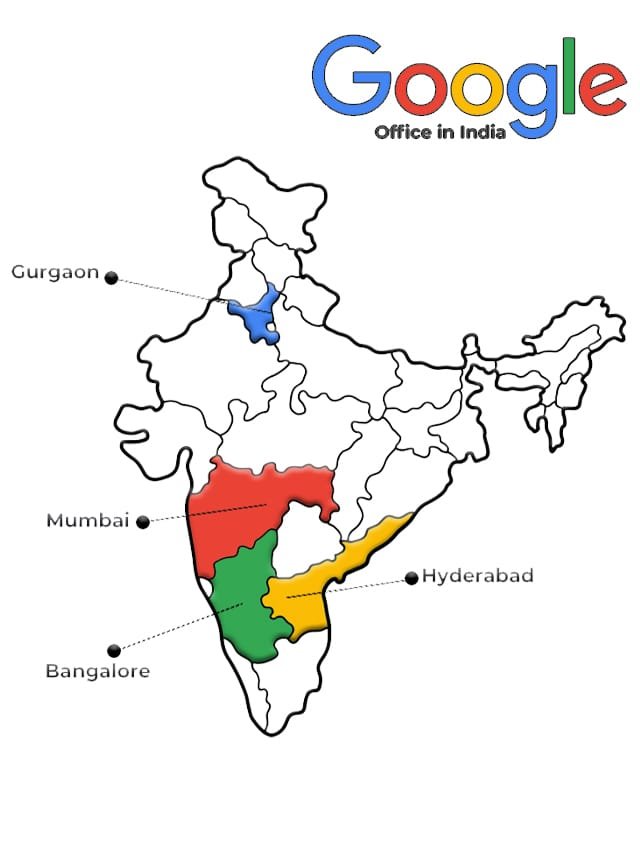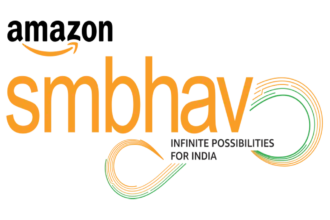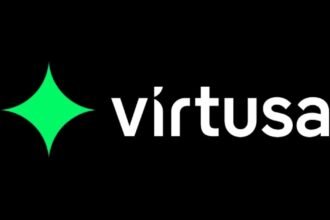Are you passionate about technology and interested in building both the front-end and back-end of applications? Do you envision yourself as a full-stack developer, a versatile tech professional who can navigate various programming languages and frameworks? If so, you’ve come to the right place! This comprehensive guide will illuminate the path to becoming a certified full-stack developer, providing you with valuable insights into the necessary skills, certification options, and a roadmap for success in your tech career.
In today’s digital age, full-stack development is a sought-after skill set that combines knowledge of front-end and back-end technologies. This guide will explore the certifications available to help you demonstrate your expertise, enhance your resume, and position yourself as a top candidate in the tech job market.
What is Full-Stack Development?
Full-stack development refers to the ability to work on both the front-end and back-end aspects of a web application. A full-stack developer is proficient in multiple programming languages, frameworks, and tools that are crucial for building dynamic and responsive applications. They can create user interfaces, manage databases, and implement server-side logic—all critical components of modern web development.
Why Become a Full-Stack Developer?
Becoming a full-stack developer offers numerous benefits:
- Versatility: You can work on various projects and collaborate with different teams, enhancing your skill set.
- Increased Job Opportunities: Full-stack developers are in high demand, making it easier to find job opportunities.
- Higher Earning Potential: Full-stack developers typically earn higher salaries than specialists in just front-end or back-end development.
- Ability to Create Complete Applications: You have the skills to take a project from concept to deployment, giving you greater control over the development process.
Essential Skills for Full-Stack Developers
Before diving into certifications, it’s crucial to understand the skills required for full-stack development. Here’s a breakdown:
Front-End Skills
- HTML/CSS: The backbone of web content and design.
- JavaScript: Essential for creating interactive web applications.
- Frameworks: Familiarity with frameworks like React, Angular, or Vue.js can enhance your front-end capabilities.
Back-End Skills
- Programming Languages: Knowledge of languages such as Python, Java, or Node.js is vital for server-side development.
- Database Management: Understanding how to work with databases (e.g., SQL, MongoDB) is crucial for data storage and retrieval.
- API Development: Knowing how to create and consume APIs is key for communication between the front-end and back-end.
Soft Skills
- Problem-Solving: The ability to troubleshoot and resolve issues is essential.
- Communication: Effective communication skills help you work with team members and stakeholders.
- Adaptability: Technology is always evolving, so being open to learning new tools and languages is critical.
Certifications to Consider
Earning a certification can validate your skills and make you stand out to employers. Here’s a comprehensive list of certifications relevant to full-stack developers, categorized by area of expertise.
Front-End Certifications
| Certification | Provider | Skills Learned | Exam Format | Cost |
|---|---|---|---|---|
| Google: Associate Android Developer | Android app development, UI, data management | Coding project and exit interview (8 hours) | $149 | |
| Microsoft Certified: Azure Developer Associate | Microsoft | Build end-to-end solutions, Azure storage | 40-60 questions (100 minutes) | $165 |
Back-End Certifications
| Certification | Provider | Skills Learned | Exam Format | Cost |
|---|---|---|---|---|
| Certified Entry-Level Python Programmer (PCEP) | Python Institute | Python basics, syntax, data types | 30 questions (40 minutes) | $59 |
| Oracle Certified Associate, Java SE 8 Programmer I | Oracle | Java fundamentals, data types, inheritance | 56 questions (120 minutes) | $245 |
Database Certifications
| Certification | Provider | Skills Learned | Exam Format | Cost |
|---|---|---|---|---|
| Oracle Certified Professional, MySQL 8.0 DBA | Oracle | MySQL installation, security, optimization | 73 questions (130 minutes) | $245 |
| Microsoft Azure Data Fundamentals | Microsoft | Core data concepts, analytics workloads | 40-60 questions (45 minutes) | $99 |
Framework Certifications
| Certification | Provider | Skills Learned | Exam Format | Cost |
|---|---|---|---|---|
| OpenJS Node.js Services Developer (JSNSD) | Linux Foundation | Node.js, HTTP services, security | Online (2 hours) | $395 |
Mobile App Development Certifications
| Certification | Provider | Skills Learned | Exam Format | Cost |
|---|---|---|---|---|
| GIAC Mobile Device Security Analyst (GMOB) | GIAC | Mobile security, malware defense | 75 questions (2 hours) | $979 |
How to Choose the Right Certification
Choosing the right certification depends on your career goals, existing skills, and areas you wish to strengthen. Here are some tips to help you decide:
- Assess Your Current Skills: Identify your strengths and weaknesses in front-end and back-end development.
- Consider Your Career Goals: Are you aiming for a specific role or company? Research the certifications that align with those aspirations.
- Research the Industry: Look for job postings in your desired field to see which certifications employers prioritize.
Preparing for Certification Exams
Earning a certification requires careful preparation. Here are some effective strategies:
1. Enroll in Online Courses
Many platforms, such as Coursera, Udemy, and edX, offer courses tailored to certification exams. Choose courses that provide hands-on projects and real-world scenarios.
2. Join Study Groups
Collaborate with others preparing for the same certification. Study groups can provide motivation and diverse perspectives on complex topics.
3. Utilize Practice Exams
Practice exams can help you familiarize yourself with the exam format and question types. Many certification providers offer practice tests that mimic the actual exam.
4. Schedule Your Exam
Once you feel prepared, schedule your exam to keep yourself accountable. Make sure you allow enough time to review all the material before the test date.
FAQs about Full-Stack Development Certifications
What is a full-stack developer?
A full-stack developer is a professional who can work on both the front-end and back-end of a web application, possessing a diverse skill set in programming languages, frameworks, and databases.
Do I need a degree to become a full-stack developer?
While a degree in computer science or a related field can be beneficial, many successful full-stack developers are self-taught or have gained skills through online courses and certifications.
How long does it take to become a certified full-stack developer?
The time required to earn certifications varies based on the individual and the certification chosen. Some certifications may take a few months to prepare for, while others may require more extensive study.
Are full-stack developer certifications worth it?
Yes, certifications can enhance your resume, demonstrate your skills to potential employers, and increase your earning potential in the tech industry.
What programming languages should I learn for full-stack development?
Common programming languages for full-stack developers include JavaScript, Python, Java, and SQL, among others. The specific languages may vary based on the technologies you wish to work with.
How can I stay updated on full-stack development trends?
Joining tech communities, attending conferences, and following reputable blogs and websites can help you stay informed about the latest trends and technologies in full-stack development.
READ MORE : Front-End vs. Back-End Developer Differences Explained
Closing Note
Thank you for taking the time to read our Full-Stack Developer Certification Guide for Success! We hope this comprehensive resource has provided you with valuable insights into the certifications that can help you advance your tech career. At CourseBhai.com, we are dedicated to supporting your learning journey.
To stay updated on the latest courses, jobs, and internships in the tech industry, join us on social media, subscribe to our push notifications, and sign up for our newsletter. Together, let’s unlock new opportunities and pave the way for your success in full-stack development.












